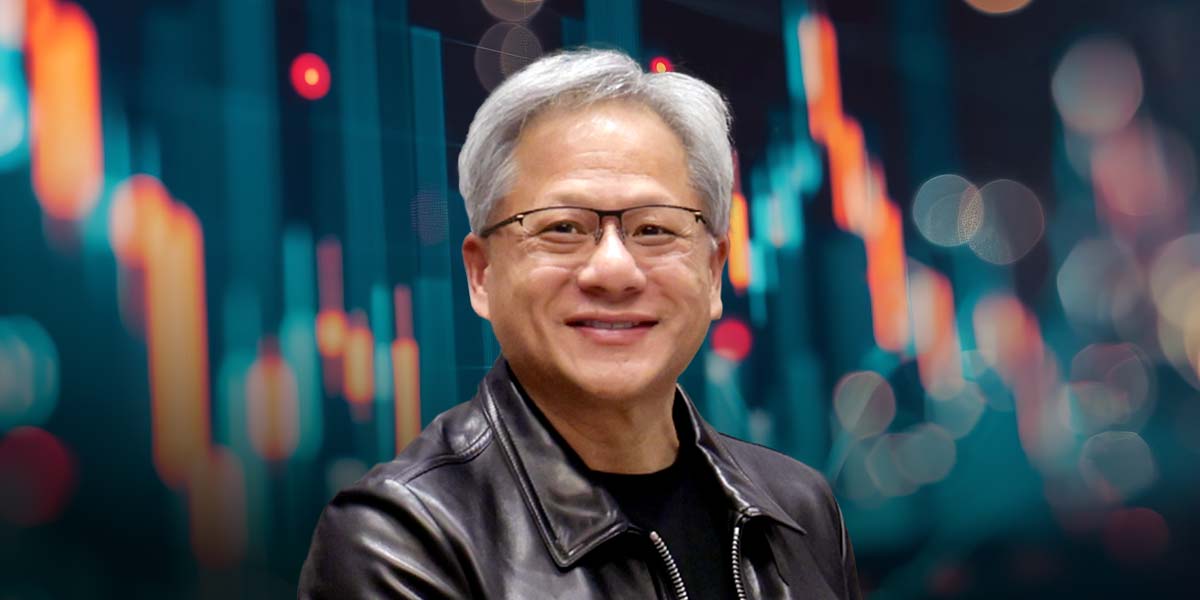Amid persistent discussions concerning a potential artificial intelligence (AI) bubble, Nvidia CEO Jensen Huang firmly rejected the premise during the company’s recent earnings call, stating, “From our vantage point, we see something very different.”
Huang suggested that the insight Nvidia possesses into the AI industry—including precise sales figures, forging relationships, and client plans—indicates the sum of the AI industry is “more than its parts.” This perspective is grounded in Nvidia’s deep visibility, as the company counts every major cloud provider—Amazon, Microsoft, Google, and Oracle—along with major AI model developers like OpenAI, Anthropic, xAI, and Meta, as significant buyers of its GPUs.
Huang outlined a three-pronged argument for why the transition is structural and not speculative. Firstly, essential functions like data processing, ad recommendations, search systems, and engineering are transitioning away from older central processor-based infrastructure to new systems running on Nvidia’s GPUs because they require AI.
These chips boost hyperscaler revenue even without a new business model, powering recommendation systems for short videos, books, and ads. Secondly, AI is not just integrating into existing applications but will also enable entirely new ones. Finally, the emergence of “agentic AI”—applications that can reason, plan, and run without significant user input—will demand even greater computing power. Huang claimed that the chipmaker excels at every phase of AI and is uniquely positioned to address these three use cases.
Nvidia’s financial results support this optimistic outlook. The company reported fiscal third-quarter figures that surpassed analyst expectations, with net income rising 65% year on year to $31.91 billion. Total revenue hit $57 billion, marking a 62% rise year over year, while data center revenue—the segment confirming Nvidia’s dominant position—reached $51.2 billion.
Investors reacted positively to the results and Huang’s comments, causing shares to rise 5% in extended trading.
Looking forward, CFO Colette Kress expects Nvidia to benefit from $3 trillion to $4 trillion in AI infrastructure spending by 2030. However, Kress warned that the company’s competitiveness hinges on gaining access to China, noting that forecasting for the current quarter assumes no revenue from that region due to ongoing restrictions.





